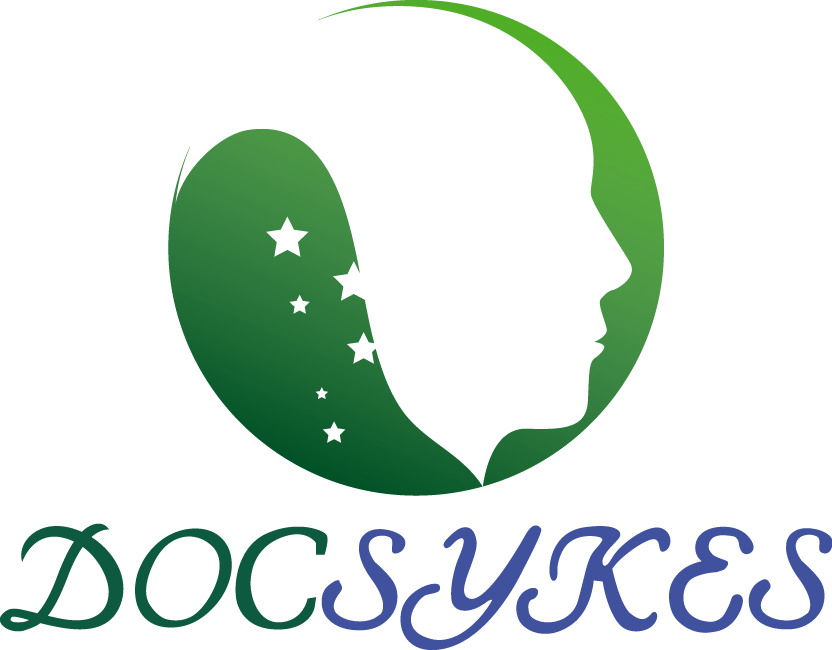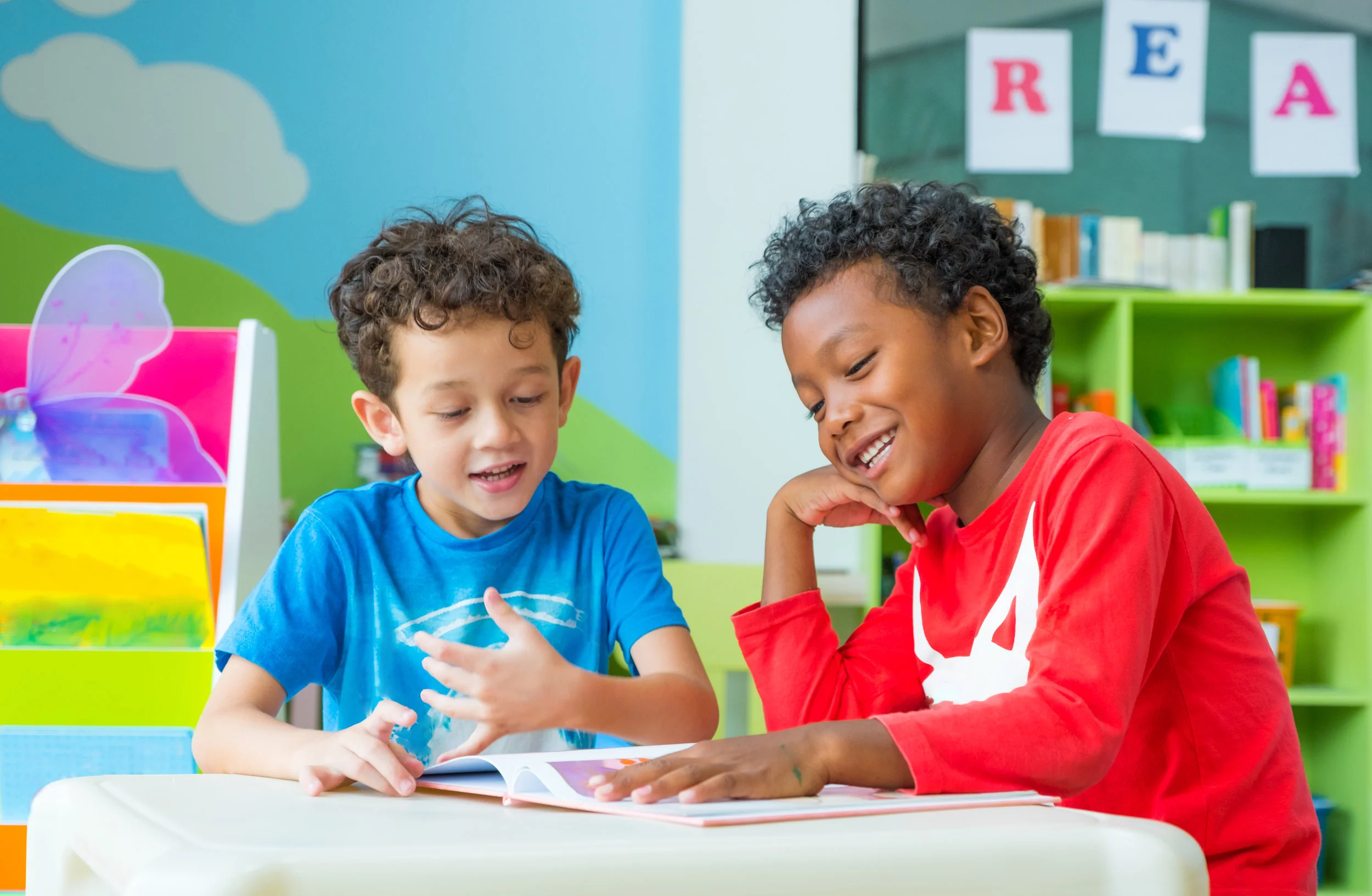1. Learning Readiness
/Determining a child’s readiness for learning has been a most challenging task over the years. What constitutes a child’s readiness for formal learning is a contentious issue-how is readiness defined? How is it measured? Usually, a teacher will gather information from past reports, direct observations of classroom behaviour and a student’s reaction to specific tasks and activities to determine readiness for formal learning.
Read More
















